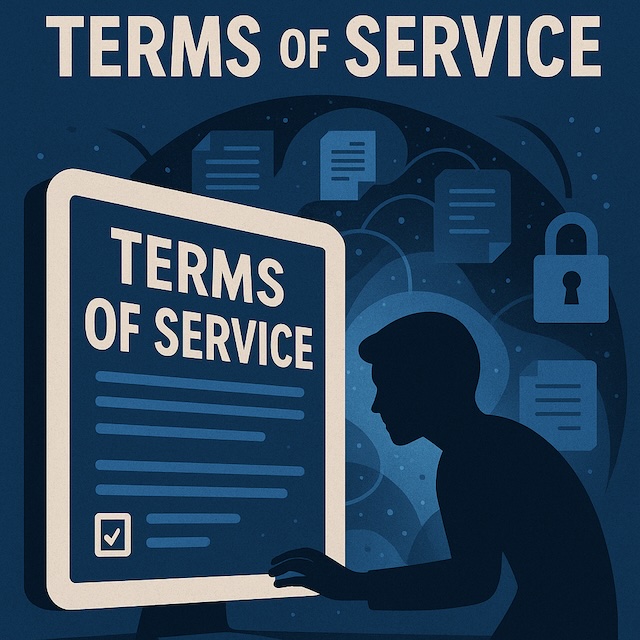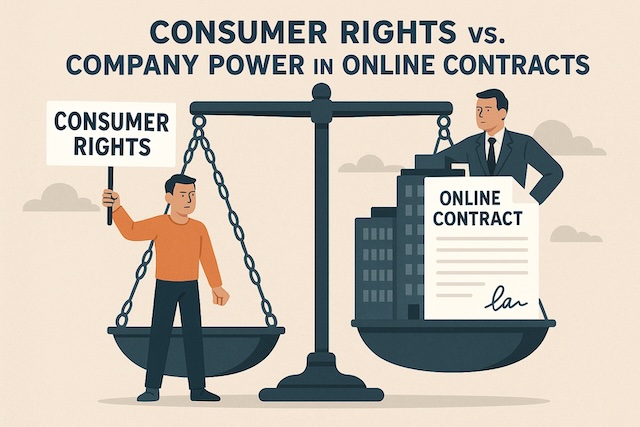
We earn commissions when you shop through the links
“By clicking ‘I Agree,’ you are bound by these terms.”
It’s a phrase we’ve all seen, but few of us actually read what follows. Whether signing up for a new app, ordering food online, or creating a streaming account, every digital interaction comes with a hidden contract: the Terms of Service (ToS).
Why Do They Exist?
At its core, a ToS is a legal contract between the service provider and the user. It protects the company from liability, sets rules for usage, and outlines your rights (or lack of them) as a user. For businesses, it’s a shield. For consumers, it’s often a blind spot.
Clicking vs. Signing: A Different Kind of Contract
Traditional contracts involve signatures, negotiation, and explicit acknowledgment. Online, however, your click is your signature.
- Signing up for Spotify? You’ve agreed to arbitration if disputes arise.
- Buying something on Amazon? You’ve consented to jurisdiction in specific courts.
- Joining a social platform? You’ve probably granted the company broad rights to your content.
These “clickwrap” agreements are legally recognized, even if no one reads them.
Famous Cases of ToS in Action
- iTunes EULA (2005): Famously included a clause banning users from using iTunes to create nuclear weapons. Funny? Yes. Enforceable? Probably not.
- Uber (2016): Faced legal challenges when users argued they hadn’t agreed to arbitration buried deep in their terms. The case reshaped how companies must display ToS.
- Epic Games v. Apple (2020): Showed how ToS disputes can escalate into billion-dollar lawsuits, with app stores and developers clashing over rules.
Why It Matters
The hidden world of ToS isn’t just about fine print—it’s about power and control. Every time you accept terms, you’re shaping your relationship with a company. Sometimes, you’re waiving rights without even knowing it.
Key Takeaway
Next time you see “I Agree,” remember:
- It’s not just a formality—it’s a contract.
- What’s buried inside can affect your rights.
- Courts increasingly enforce these agreements.
In the next post of this series, we’ll break down the different types of online contracts (clickwrap, browsewrap, sign-in-wrap) and explain which ones actually hold up in court.





